More than half of Fife teachers are seriously considering leaving the profession as a result of aggression from pupils, a survey has revealed.
Almost 50% of those who took part said they had experienced physical abuse from students in the past year.
And almost all were the victims of verbal abuse.
A total of 358 Scottish teachers answered the NASUWT union survey, including 62 from Fife.
Mike Corbett, NASUWT national official for Scotland, says the snapshot survey confirms pupil violence and behaviour is getting worse.
And it has worsened since the Covid lockdown.
He added: “The figures we’ve shared are certainly the worst that we have ever seen.
“The urgency in getting it addressed properly is immediate.”
What does the survey say?
The survey shows 45% of Fife teachers experienced physical abuse or violence from pupils in the last year, compared to 39% across Scotland, and of those:
- 47% were shoved or barged
- 16% were hit or punched
- 11% were kicked
- 8% were spat at
- 5% were head-butted
In addition, 97% of teachers in Fife say they have experienced verbal abuse from pupils.
Backchat and rudeness are the most common verbal issues, but 95% of teachers in Fife reported being sworn at by students.
Meanwhile, more than three quarters of Fife respondents claim their school culture perpetuates the belief that poor student behaviour is just part of the job and should be expected.
And most say they don’t have the resources, support or knowledge to meet the behaviour needs of pupils.
What is Fife Council’s response?
Mr Corbett met Fife Council leader David Ross to discuss the survey results.
And he said: “We’re looking for clear guidance for schools, headteachers, and teachers themselves about what is and what is not acceptable, how things should be reported and how things should be followed up.”
Mr Ross called it a “positive” meeting.
“We know teachers and school communities across Scotland are concerned… and it’s something we’re taking very seriously”, he said.
“Mr Corbett was clear the work already being undertaken across Fife, in response to these challenges, is very much in line with what would be expected by the union.”
He continued: “It was recognised Fife has developed a robust system to report and record incidents in order that the appropriate policies can be put in place to support our staff, pupils and families.
“We were advised this is not the same across all local authorities.”
‘No easy answer but safety is the priority’
“The welfare and wellbeing of everyone in our schools is our first priority.
“And all our schools place the importance of relationships at the centre of what they do.
“Learning about positive relationships is something that begins at home and our parents and carers have a key role to play in this too.
“Any form of violence towards teachers and pupils is unacceptable.
“And we’re committed to safe working practices and training for our staff.”
Mr Ross said Fife Council focuses on de-escalating situations and promoting positive behaviour.
He stated: “The safety and wellbeing of all our children and staff is a priority.
“Unfortunately there is no easy answer to these problems being experienced not only in Fife but across Scotland.”

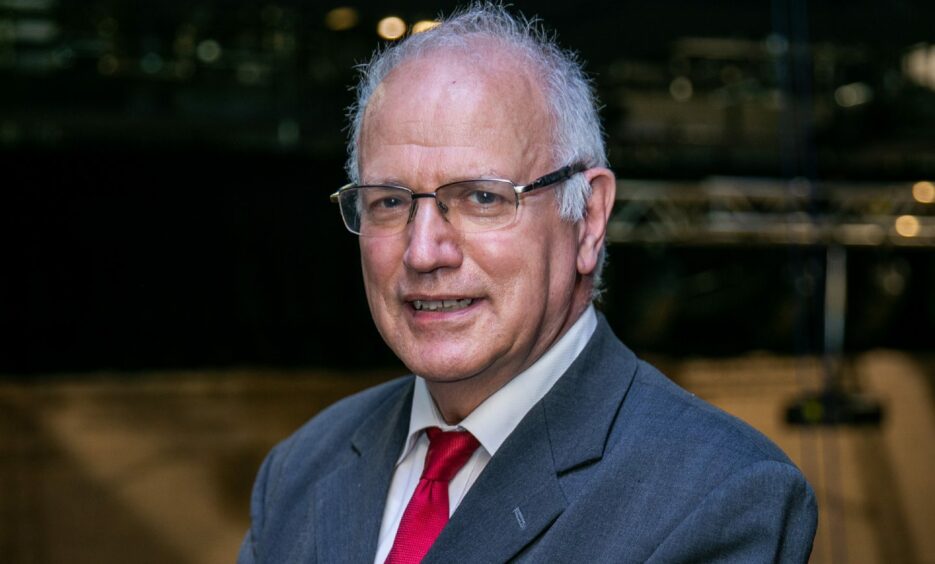

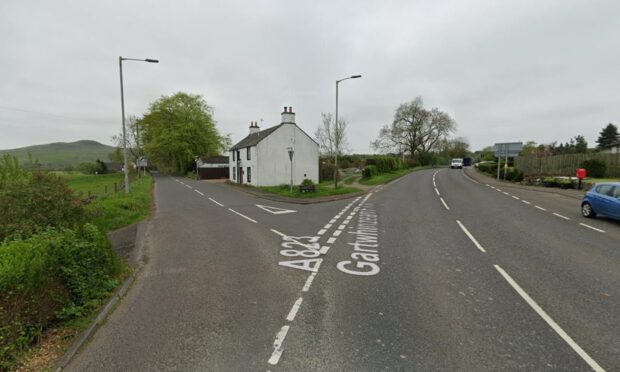
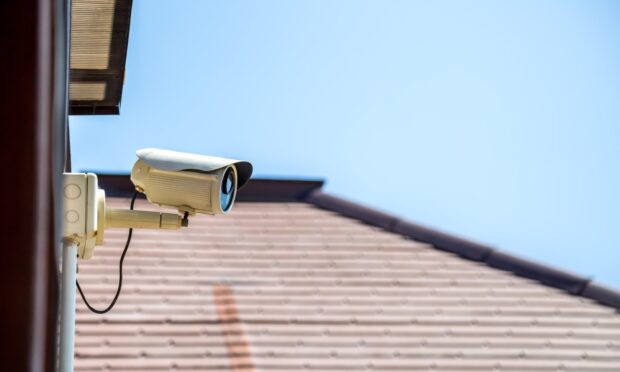


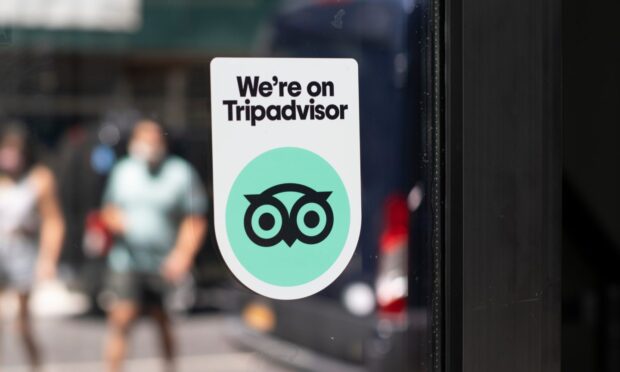
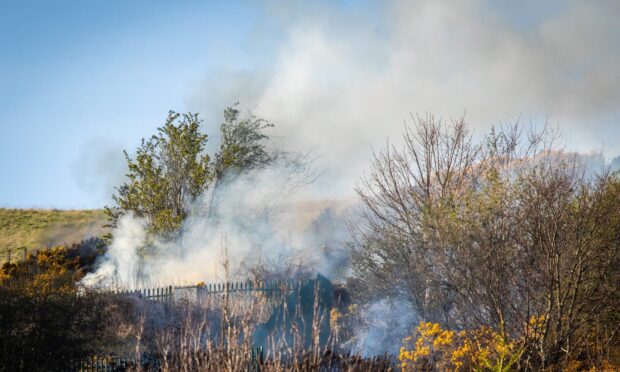


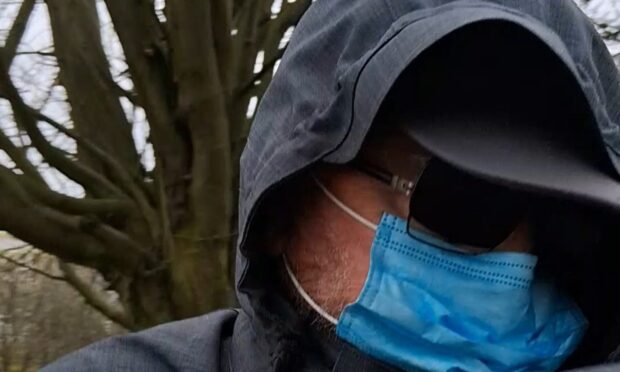
Conversation